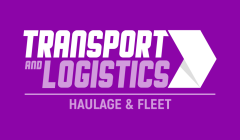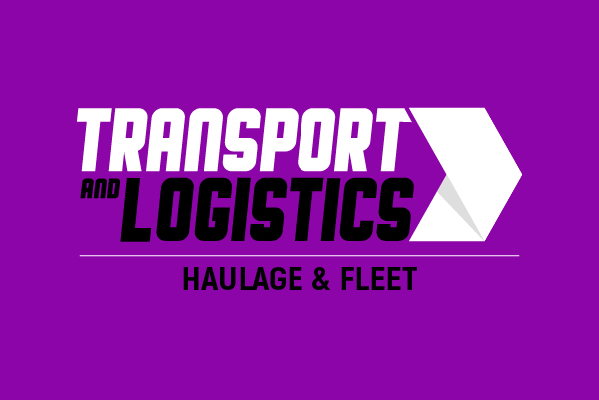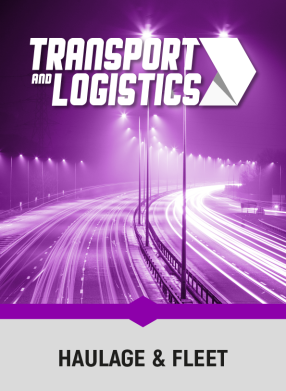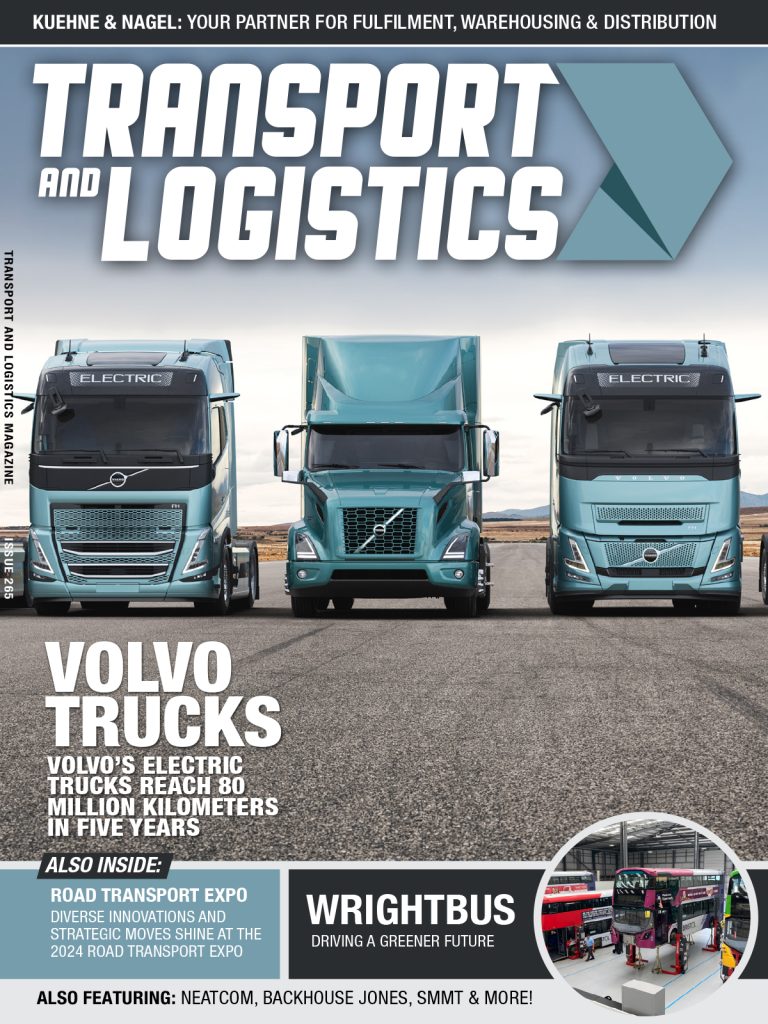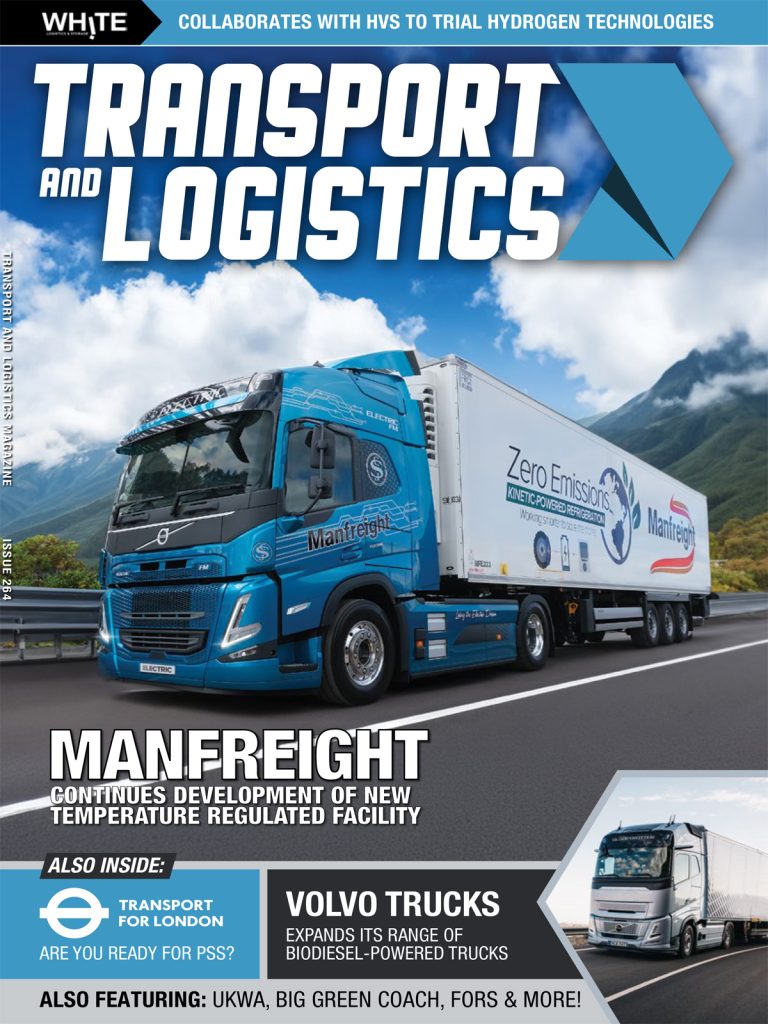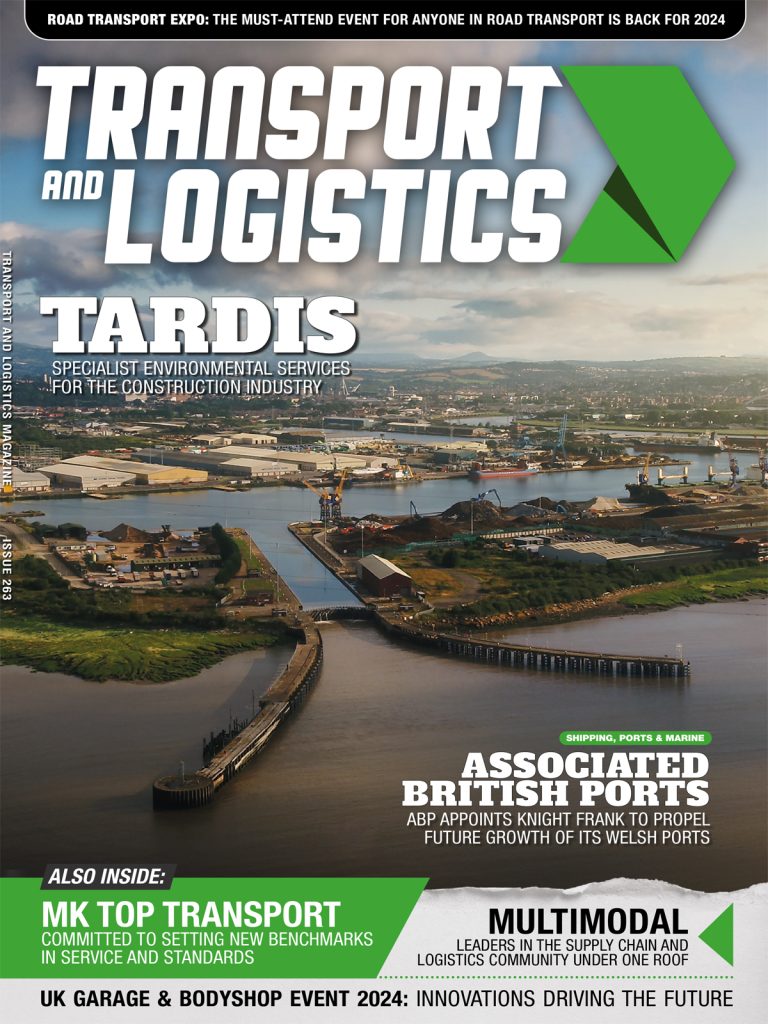Gasrec Welcomes New EU Strategy To Reduce CO2 Emissions From Heavy-Duty Road Transport
Gasrec, Europe’s leading supplier of liquefied gas to the transport sector, has welcomed the European Union’s recently announced strategy to reduce CO2 emissions from heavy-duty vehicles which are responsible for around five per cent of the EU’s total greenhouse gas emissions – a greater share than international aviation and shipping.
The EU has confirmed it will bring forward legislation next year requiring CO2 emissions from new heavy duty vehicles (trucks, buses and coaches) to be certified, reported and monitored. Following this, it will consider a range of further measures, which are likely to include the further development of a modern infrastructure supporting alternative fuels for these heavy-duty vehicles.
Over the last 10 years, Gasrec has pioneered the use of low-emission liquefied biomethane as a transport fuel and is now the largest supplier of liquefied gas fuel to the road transport sector – its product, Bio-LNG, is a blend of biomethane and liquefied natural gas. The company currently supplies more than 60 per cent of gas powered HGVs on UK roads and operates 11 refuelling stations around the country.
Gasrec already has European funding to develop a network of ‘open-access’ Bio-LNG filling stations across the UK under a co-financing agreement with the EU’s TEN-T programme. Under the agreement, the company is required to launch four new Bio-LNG filling stations across the UK motorway network by the end of 2015. It will also develop a further two mobile stations in continental Europe and undertake a ‘pilot study’ for the development of similar sites and networks across mainland Europe, ultimately forming an integrated supply chain across the continent.
Rob Wood, chief executive officer at Gasrec, said: “We welcome this very positive move from the EU, it is critical we find ways to reduce the harmful emissions from heavy duty commercial vehicles, particularly in the UK where we are already struggling to hit long term air quality standards.
“We encourage government – and the wider transport industry – to push for the faster development of a strategic supply network of liquefied gas filling stations across the motorway network, and the faster conversion of the country’s commercial heavy-duty vehicles to operate on dual-fuel or gas only. This fuel will enable operators to cut fuel costs and emissions, and will assist government to meet its long term carbon reduction targets. This will also improve air quality, particularly through the reduction in harmful SOx, NOx and particulate matter emissions
